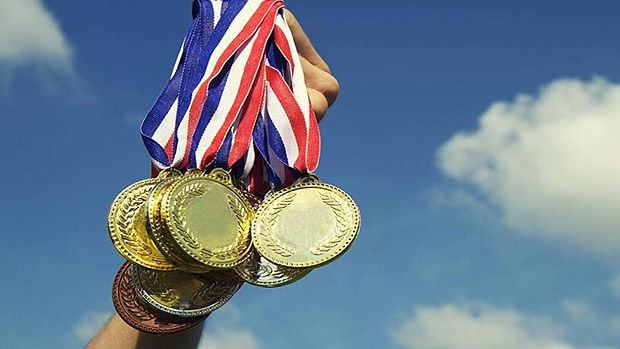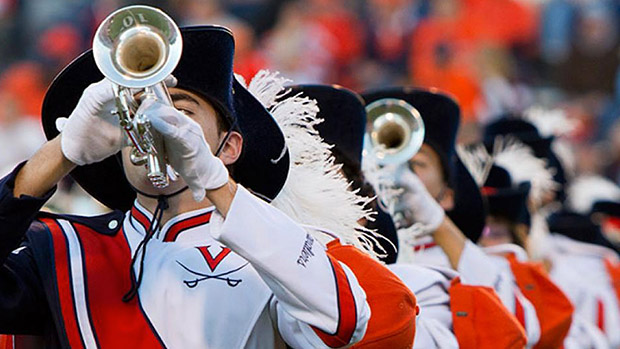Testosterone and Competition: What We Know
You've heard this part before: When you win, you get a temporary T boost. And you might even experience a testosterone spike by proxy when your favorite team wins. On the flipside, when you lose you may see a short-term dip in testosterone.
Past studies demonstrating this phenomenon were focused on "dominance-based" competitions, usually physical. In animal studies, the winner of a fight was also more likely to win future fights. The theory is that the boost in testosterone increases the animal's competitive ability because it has more confidence. It's also more persistent, meaning that if an animal takes a bite on the haunch it'll keep on fighting if it has a high T level.
But what about other types of winning? How does social status and prestige affect testosterone levels in humans? A new study took a look.
Wait, They Studied WHO?
To figure out how respect-based status (derived from skills and knowledge) affects anabolic hormone levels, researchers studied a marching band. No, really. And it actually makes sense.
One of the authors of the study, Joey T. Cheng, notes that marching bands have "...a social context in which talent, expertise, and musical ability are likely very important to one's social rank in the community." This could easily be applied to other non-physical situations, like office environments.
Cheng and his researcher pals studied 177 members of a marching band, both male and female, for two months. In a nutshell...
- Men who were considered the most skilled early on showed a RISING testosterone level as the months went by.
- Less talented and less respected men (read: shitty trumpet players) showed no increase in T, and some experienced a decline.
The "rising testosterone" part of this is important because it shows that these men weren't necessarily high-T, aggressive overachievers to begin with. Their testosterone levels up-regulated as their status and prestige in the band increased.
What about the women? No testosterone changes were detected regardless of how well they played the clarinet.
What This Means to You
It means you need to buy a tuba and learn to play the hell out of Queen's "We Will Rock You"!
No? Okay, fine. But the study does show that your social status, even within a small group, can affect your hormone levels. And much like animals, "winning" does seem to have a snowball effect. The testosterone boost from one win, even a nonviolent social win, can lead to future wins (higher prestige, status etc.)
Here's how the study was summed up:
"These results suggest that the long-term up- and downregulation of testosterone provides a mechanism through which past experiences of prestige calibrate psychological systems in a manner that adaptively guides future efforts in seeking and maintaining prestige."
So, go get good at something, earn respect, and use all that bonus testosterone to get better gains in the gym.
Reference
- Cheng, Joey T.,Kornienko, Olga,Granger, Douglas A. Prestige in a large-scale social group predicts longitudinal changes in testosterone. Journal of Personality and Social Psychology, Vol 114(6), Jun 2018, 924-944






